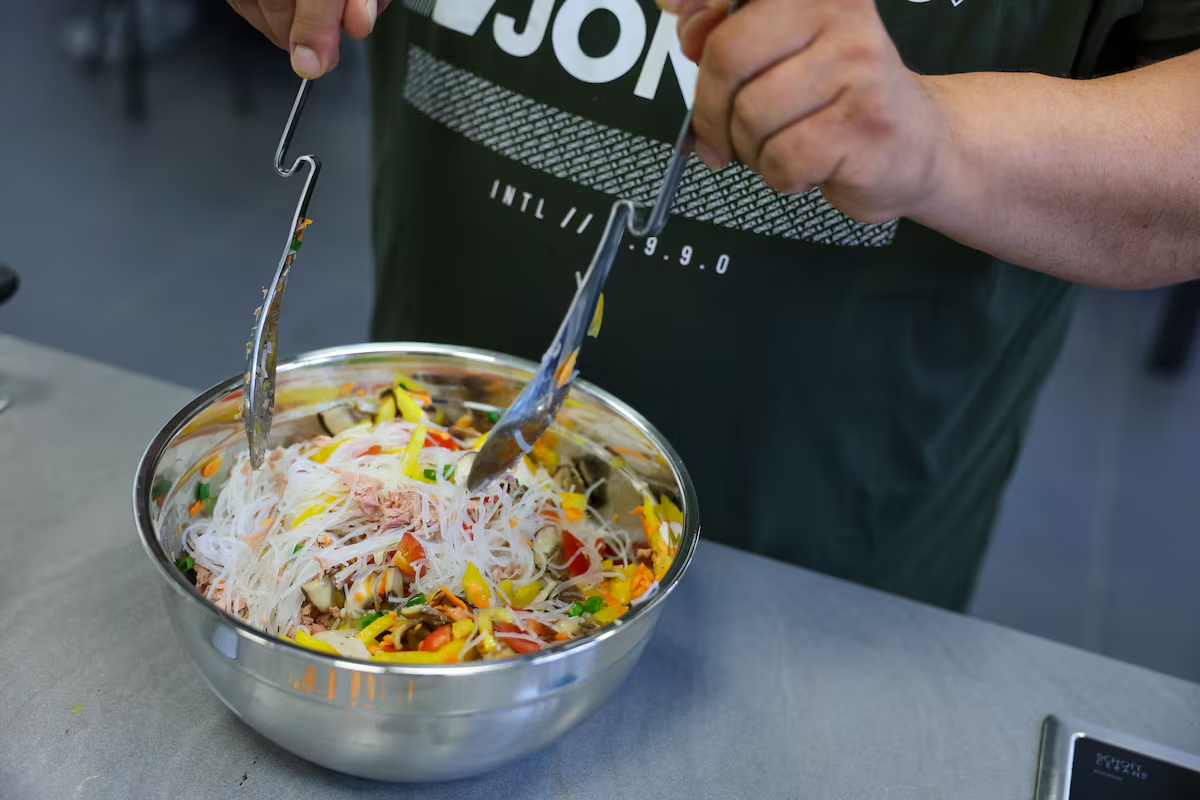
September arrives with the excitement of the new school year and new beginnings. But it also carries many burdens regarding what we should have achieved after the promises of the night of December 31, 2024, and which we did not achieve.
We have gone from a relaxed diet, in which eating ice cream is fine if it is August 31st, but which, after September 1st, is real nonsense and a lack of responsibility towards one’s health. September arrives with haste and urgency, as if it were a global harmony that shows your willpower and your ability to sacrifice. Thanks to social networks, the purposes are now no longer individual, but collective. It’s very easy to get caught up in all of someone else’s start-of-school-year demands added to your own.
Post-holiday challenges reappear this month, because they never went away shinefast diets, detoxification and fasting.
I want to warn you that the so-called “miracle diets” are at their peak: those that offer significant weight loss in a short time. They are diets characterized by the elimination of a large group of foods, without supervision or nutritional review and not without risks. There are some groups of diets, in particular, that are particularly dangerous in the trap of rapid weight loss.
- Very Low Calorie Diet (DMBC) or VLCD (Very Low Calorie Diet): those diets that just by looking at them make you understand that you will be starving, diets with an intake of less than 800 kcal. These diets are very dangerous and are totally contraindicated.
- Mono diets: those that use a food as the basis of the diet, such as the famous “artichoke diet” or “pineapple diet”. Normally reference is made to a property of the food, in both cases which is diuretic, and its consumption is proposed at every meal. They are very low-calorie diets, which cause nutritional deficiencies and an atrocious hatred towards the food in question.
- Detox or purification: those smoothie diets that promise your body a break from all those “toxins” we eat. They allude to the fact that you need to slow down and give your body a rest. As if, naturally, it did not tend towards homeostasis nor did it have its own purification mechanisms. These diets are very expensive, because they already sell smoothies prepared with fruit and vegetables – the more exotic everything is, the better – and they propose to replace them with meals. They are not only expensive financially, but also for your health. They lead to a loss of muscle mass, which makes the metabolism weaker. Additionally, they can cause dizziness, low blood pressure, and nutritional deficiencies.
- Fasting or intermittent fasting: Fasting as such is not a diet, but a nutritional strategy. Fasting presents itself as a poetic way to redeem the sins of summer gluttony. Fasting does not seem restrictive, because it does not eliminate or prohibit foods like other diets, but it is a very severe time restriction. It offers periods of 8, 12 or 16 hours in which you can only drink water, coffee or infusions, i.e. only low-calorie drinks. So this is a restriction and consuming healthy foods should take priority in your intake. If you have an eating disorder or a bad relationship with food, it’s the worst thing you can do, as it will exacerbate unhealthy behaviors.
According to a study carried out by MAPFRE and the Spanish Academy of Nutrition and Dietetics on 3,150 adults, 7 out of 10 Spaniards have tried one of these diets as a weight loss strategy. 53% of respondents followed one of these diets and 70% without any type of professional supervision. Women try to lose weight twice as often as men, and we must not forget that the aesthetic pressure on us is greater. And the loss is estimated at around 6 kilos in a short time, which when you abandon the diet are regained with the famous rebound effect.
In general, these diets will make you lose weight at the expense of muscle mass, not fat. By causing a sudden drop in calories, the body uses muscle glycogen as an energy source. Each gram of glycogen accumulates approximately three grams of water, so you will lose mainly water. You will see this drop on the scale, but your body composition will worsen.
A low intake induces muscle catabolism: having little energy available, the body will use the amino acids from the muscle mass as a substrate. Glucose is produced through the process of gluconeogenesis, as both the brain and liver, among others, need it to function. The body is made to survive, so if you don’t provide it with enough energy, it will look for ways to get it. The body understands that this restriction is not voluntary, but rather is a situation of energy deficiency. In response, it decreases metabolic rate and increases fat storage efficiency. This explains the rebound effect: weight is regained, but with a loss of muscle mass and an increase in fat. So this type of diet does your body a disservice.
All these diets worsen your relationship with food. They not only cause physical damage, but also psychological damage. You will find yourself with fear of food, anxiety about food, and not really knowing what to eat. At worst, they can be the trigger for an eating disorder.
I therefore advise you to abandon shortcuts and take care of your body in a respectful way, without rushing and doing what does not cause greater long-term damage. You don’t rush your health, you take care of it.







